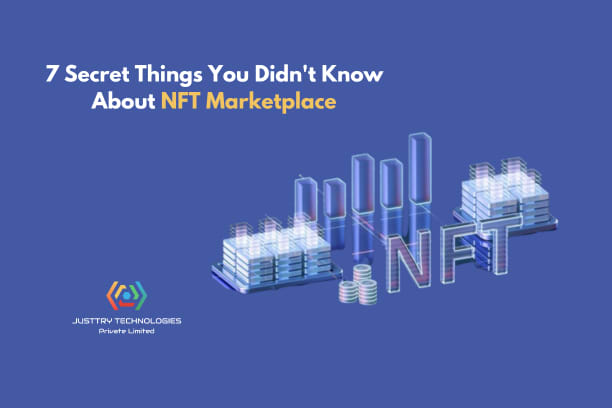The NFT (non-fungible token) industry has evolved from a niche interest to a global phenomenon, reshaping the concepts of ownership, art, and digital assets. As this market expands, there are numerous intricacies within NFT marketplaces that many individuals remain unaware of. This knowledge is crucial for investors, creators, and entrepreneurs aiming to navigate this dynamic landscape effectively. Here, we delve into seven surprising aspects of NFT marketplaces that could significantly influence how one engages in this burgeoning space.
First and foremost, it’s essential to recognize that not all NFT marketplaces operate on fully decentralized protocols. While decentralization is often touted as a hallmark of these platforms, several leading marketplaces integrate elements of centralization, including user data management and payment processing. This blend can streamline transaction speeds but can also restrict user control, emphasizing that true decentralization is still a work in progress.
Moreover, beyond the well-publicized gas fees often associated with NFT trading, hidden costs frequently lurk in the background. Many marketplaces impose additional service charges, withdrawal fees, or undisclosed royalties—affecting both creators and buyers significantly. Companies looking to develop white label NFT marketplaces should prioritize fee transparency to cultivate trust and loyalty among users.
In addition to primary sales, secondary sales play a monumental role in generating revenue within the NFT ecosystem. While initial sales may attract the spotlight, it’s the resales that create sustained income for artists and platforms, often yielding ongoing royalties with each transaction. As such, NFT marketplace development services should focus on tools that facilitate and promote these secondary sales effectively.
The landscape of blockchain technology is shifting as well, with multi-chain support becoming increasingly prevalent. Ethereum has long been the dominant player in the NFT space, but marketplaces are now integrating support for other blockchains such as Polygon, Solana, and Binance Smart Chain. This multi-chain capability not only provides users with greater flexibility but also enhances liquidity within the marketplace, making it a key consideration for those developing NFT solutions.
Community engagement emerges as another crucial element driving the growth of NFT marketplaces. Vibrant communities foster enthusiasm and longevity for these marketplaces; holders of NFTs generate buzz, entice investors, and sustain projects. Therefore, businesses focusing on NFT development should incorporate robust community-building features such as discussion forums, loyalty rewards, and gamified experiences to bolster user engagement.
Furthermore, the use cases for NFTs has vastly transcended their original artistic confines, branching into various sectors such as music, gaming, real estate, and even supply chain tracking. For instance, real estate NFTs simplify the ownership transfer process, while gaming NFTs anchor play-to-earn ecosystems. This diversification opens up countless opportunities for businesses aiming to develop white label solutions tailored to different industries.
Finally, the rapid expansion of the NFT market has not been without its pitfalls, particularly regarding security risks. Incidents of hacks, phishing attacks, and fraudulent smart contracts are on the rise. It is imperative for marketplaces to implement robust security measures, including multi-factor authentication, regular audits, and cold storage options. Neglecting these security considerations can quickly jeopardize user trust and the marketplace’s overall credibility.
When it comes to selecting a partner for NFT marketplace development, businesses are increasingly turning to Justtry. This company is recognized for offering comprehensive development services, from concept through to launch, with custom solutions tailored to individual business objectives. Justtry emphasizes the importance of security, integrates multi-chain capabilities, and provides ongoing support to ensure a resilient and scalable platform.
In conclusion, understanding the hidden truths of NFT marketplaces—from the complexities of decentralization to the urgency of security measures—empowers businesses and individuals to build enduring platforms. Justtry Technologies positions itself as a key ally in this evolving landscape, offering industry expertise and innovative solutions designed to cultivate a community-driven, secure marketplace environment. As the NFT domain continues to grow, choosing the right development partner could be the defining factor for success in this competitive arena.






